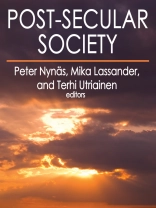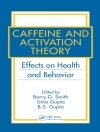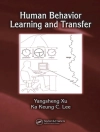Are we still secular? If not, what can one possibly mean by “post-secular”? The answers depend on what one considers secular as well as the people, societies, and institutions that one considers. Post-Secular Society argues for the experience of living in a secular world and a secular age and the experience of living without religion as a normal condition.
Religion in the Western world is often described as being marked to some degree by both innovation and disarray. The past couple of decades have seen the emergence of reformulated versions of theories of secularization, variants of rational choice and supply-side models of religion, and new theoretical perspectives on de-secularization of religion. In spite of these different approaches and perspectives, a majority of scholars agree that the West is experiencing a general “resurgence” of religion and that the public visibility of religious actors and discourses is on the rise across most Western societies.
Post-Secular Society discusses the changes in religion related to globalization, as well as New Age and other forms of popular religion. The contributors review religion that is rooted in the globalized political economy, and the relationship of post-secularism to popular and consumer culture. They also detail current innovative discourse as a religious belief system; discuss theories of the post-secular, religious, and spiritual well-being; and consider healing practices in Finland and environmentalism.
Om författaren
Terhi Utriainen is senior lecturer in the study of religions and adjunct professor in the study of religions and gender studies at the University of Helsinki.












